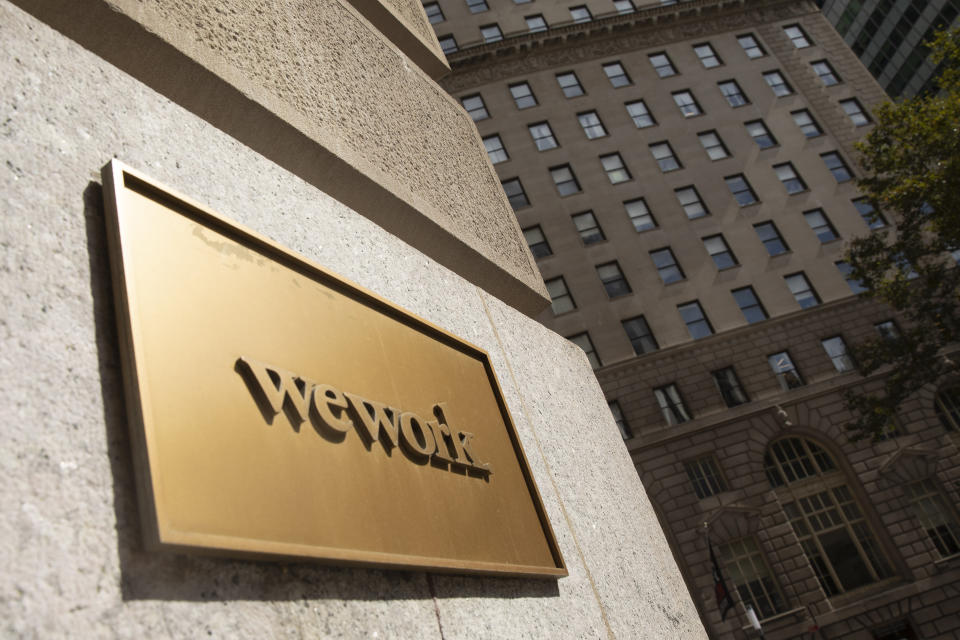What we've learned from unicorns Uber, Lyft and WeWork in 2019: Mohamed El-Erian
This was supposed to be the year of the unicorns. The technology companies on the road to go public in 2019 were valued at more than $1 billion. Ride-sharing firms Uber (UBER) and Lyft (LYFT) were the most anticipated IPOs of the year, while co-working space provider WeWork was once valued at a staggering $47 billion dollars.
Now, Uber’s stock price is down over 20% since its IPO and Lyft’s share price has plummeted more than 40%. WeWork withdrew its IPO, and ousted its CEO Adam Neumann.
“What we've learned from these companies is that private valuations get decoupled from public market valuations — so when you have the transition from private to public, there's a shock involved,” Mohamed El-Erian, Allianz’s chief economic adviser, told Yahoo Finance’s On the Move.
This year’s unicorns have lost $100 billion in value. Uber’s market cap is down almost $33 billion from its IPO valuation of $82.4 billion. Lyft’s current market cap of $14.6 billion is down almost $10 billion from its IPO. That shocking $47 billion WeWork valuation was slashed to about $8 billion after its failed IPO.
El-Erian says a startup has to ensure three key things: it can handle growth, it has the right governance system in place and it can address the “inevitable potholes” that occur with being a startup.
“WeWork failed on all three of these,” he said. “All the strength of WeWork turned into weakness, including the founder-based model.”

It’s been a painful few months for WeWork. After the company’s failed IPO attempt, WeWork was close to running out of cash until its biggest backer SoftBank stepped in with emergency funding. It announced layoffs of over 2,400 employees and New York’s attorney general announced it is in investigating the company.
“WeWork, Uber, and many others show you that there's a limit to how quickly these startups can grow,” El-Erian said. “I think it's healthy to have that discussion, because startups are critical to the economic dynamism of the United States.”
Valentina Caval is a producer with Yahoo Finance.
Read the latest financial and business news from Yahoo Finance
Follow Yahoo Finance on Twitter, Facebook, Instagram, Flipboard, SmartNews, LinkedIn, YouTube, and reddit.

 Yahoo Finance
Yahoo Finance